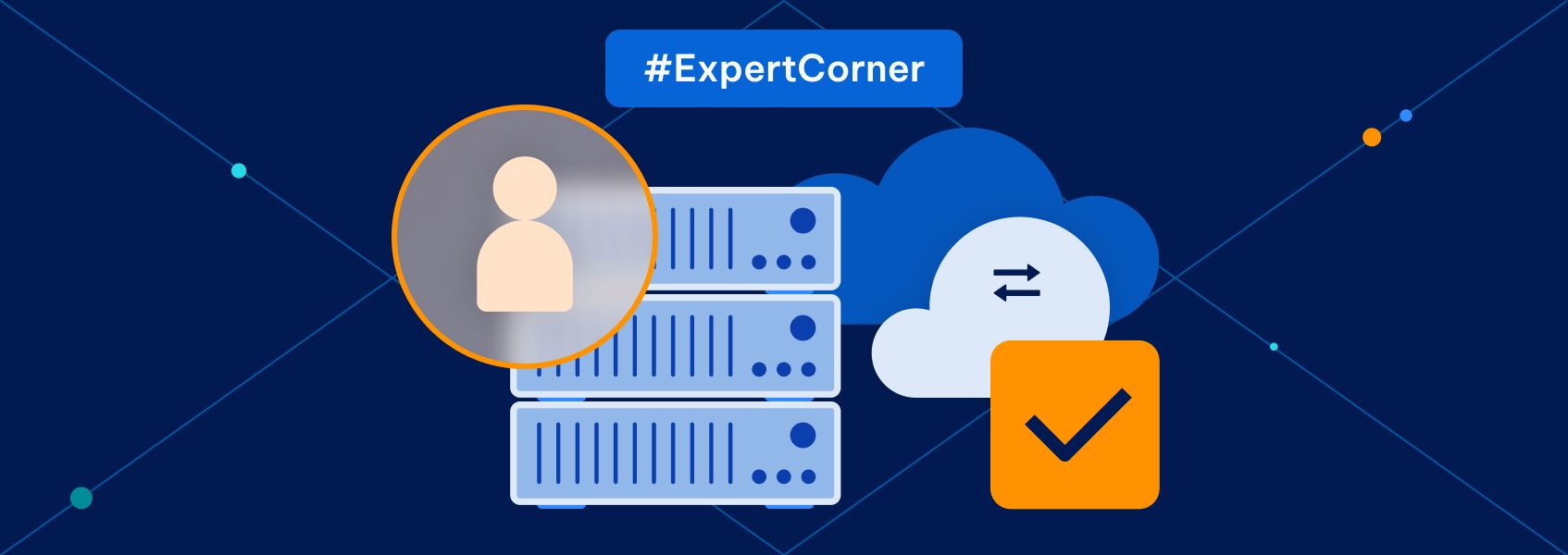Best Practices for Travel Data Collection and Management
Expert corner

Arūnas Bytautas
Key takeaways:
- Effective data management systems and data warehouses are essential for organizing and protecting valuable travel data.
- Using proxies and AI tools can significantly boost real-time data analytics, predictive analytics, and better data management capabilities.
- Maintaining accurate data and adhering to privacy laws is crucial for successful travel data management.
The travel industry runs on data. Effective travel data management keeps everything in order : booking data systems, personalized recommendations, transportation offerings, business travel experiences, and more.
It might seem like data management is a rather complex concept at first glance. Today, I will explain why collecting and managing travel data is essential for businesses, what kinds of data matter most, and how proxies can improve your data collection.
The Importance of Data in the Travel Industry
Data management has been a critical piece of the travel industry for decades. Early systems like SABRE in the 1960s set the stage for modern booking platforms and data management systems. Today, travel businesses collect travel data to enhance customer experiences, optimize pricing, and improve efficiency.
For example, travel companies use booking data to predict customer preferences and personalize offers. Additionally, platforms like price comparison websites and flight analytics rely heavily on accurate travel data management.
And it’s not just so you could get a better user experience. It’s mostly about staying competitive, since there are many travel data aggregators in the market today. Even if you don’t surely understand what that means, I’m sure you use these tools every so often.
Do you go to Kiwi, Skyscanner, or Google Flights when you want to find the cheapest flights? These are flight data aggregators that use proxies to scan the internet and give you the best prices.
Ever used a price-comparison extension on Google Chrome while browsing Booking to see if there are better prices for the same hotel somewhere else? It’s also the result of travel data collection and management.
And if you experienced a disrupted flight that resulted in an attempt to claim flight compensation , you probably used a dedicated platform that does all the fighting for you. They also use travel data, just differently.
According to Statista, the global tourism market is expected to experience a huge increase in revenue in the coming years. By the end of 2026, revenue is estimated to reach $955.94 bn , is projected to grow at the annual rate of 3.91%, and result in a market volume of $1.1 tn by 2029.
With so much revenue at stake, high-quality data is a must-have. Without reliable data management platforms, travel management companies won’t be able to identify trends, patterns, and opportunities to optimize business travel experiences.
Common Types of Travel Data
Travel businesses handle a lot of travel data, such as:
- Booking data: Reservations for flights, hotels, cars, etc.
- Itineraries: Travel schedules and routes
- Expenses data: Business trip expenses, payment methods, and refunds
- Flight schedules: Departure times, arrivals, delays, cancellations, etc.
- Transportation options: Taxis, buses, and rentals
- Customer demographics: Age, nationality, preferences, etc.
- Loyalty interactions: Points, rewards, memberships
Organizing all this information requires solid data management platforms that can store everything in a data warehouse. Without it, you’d be lost in a chaotic, systemless situation where you’d spend more time trying to find something relevant instead of doing tasks that directly impact revenue.
Actually, not having a systematic data management platform directly impacts revenue. Just negatively.
The Impact of Dynamic Pricing on the Travel Industry
Dynamic pricing has utterly changed the travel industry. Airlines and hotels constantly adjust prices based on demand, competition, and market trends. For example, flights during holidays are priced higher because of increased demand.
Using real-time data analytics, travel companies can quickly adjust prices to match future travel demand. Predictive analytics tools help them guess when demand will rise or fall, which gives them an edge over competitors.
For this reason, not only real-time and current data management is required for a successful business pricing strategy. Predictive analysis tools rely on historical data as well to make substantiated predictions.
Common Challenges in Travel Data Collection and Data Management
Travel data management is not easy. Here are some challenges that travel companies face:
- Bot detection and blocking - Many websites actively block data collection tools or scrapers.
- Geo-restrictions - Prices and availability can differ based on a user’s location.
- Real-time data volume - Handling massive amounts of data without compromising accuracy.
- Data fragmentation - When booking data, expenses, and itineraries are scattered across several sources.
- Maintaining data quality - Keeping high-quality data accurate, fresh, and relevant.
- Data storage and scalability - Storing everything in a secure data warehouse.
- GDPR and CCPA compliance - Ensuring data privacy and following regulations.
The problem is that if you want to have an efficient travel data management system, it’s not enough to solve one or two of those problems – you have to tackle them all.
If you push through bot detection systems, but the content is geo-restricted or fragmented, you will have to come up with more solutions and integrations to keep up with competition all while staying within the GDPR and CCPA lines. It’s tough, but could be worth your while.
Best Practices for Collecting and Managing Travel Data
To stay ahead, travel management companies need to improve their data management strategies. Here are some best practices you can leverage to do it:
1. Use multiple sources
Gathering data from various sources like airline APIs, flight tracking feeds, and automated tools improves accuracy. It helps collect reliable travel data for better decision-making.
2. Organize and clean data regularly
Keeping your data warehouse tidy ensures accurate analysis. Regularly clean and update your data management platforms to prevent unaccounted errors.
3. Prioritize data security
Protect sensitive information using encryption and access controls. Secure travel data management also ensures compliance with regulations like GDPR and CCPA.
4. Implement real-time data updates
In the travel industry, real-time updates matter. Using real-time data analytics makes a huge difference in terms of updating flight schedules or adjusting prices.
5. Utilize AI and automation
AI tools help travel companies predict future travel demand, personalize offers, and improve decision-making. It also saves time and resources.
6. Regularly review data
Continuously checking and updating your data warehouse helps you stay relevant and reliable. Outdated information will most likely harm your business.
Make sure that the users get the best travel experience with you consistently, and they will likely continue using your services and recommend to others. Fail, and they might look for another travel agent.
How Proxies Improve Travel Data Access and Data Management
Proxies are a game-changer for travel data management. If you’re not familiar with them, here’s how they can help:
- Access region-specific prices
Prices often vary by location, and proxies allow travel companies to compare prices from different regions accurately.
- Avoid bot detection
Residential proxies mimic legitimate user activity, which allows you to avoid getting blocked from your data collection sources.
- Handle large data requests
With proxy networks, gathering tons of travel data becomes easier.
- Leverage mobile networks
Mobile proxies allow you to manage multiple social media accounts, uncover manipulated online ads, scrape, and more.
Conclusion
Proper travel data management helps travel companies enhance customer experiences, improve pricing strategies, and handle massive datasets. By addressing challenges and following best practices, travel companies can stay competitive and relevant.
While it’s true that data management and data warehouse issues could be complicated in the travel industry and demand a lot of time and effort, it’s a non-negotiable. To run a successful company in the travel industry, it’s essential to have your data management platforms set up in a clear and effective way.


